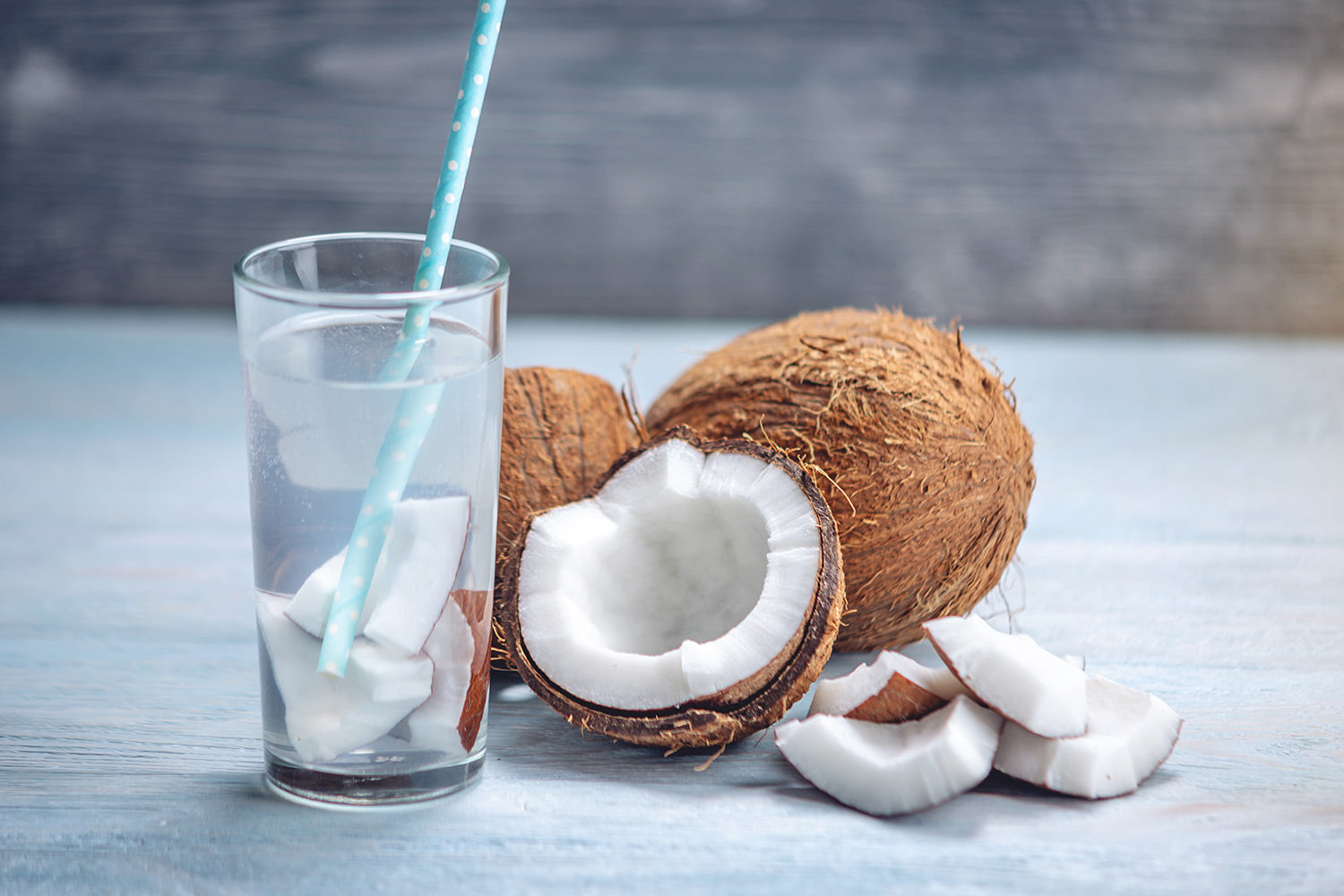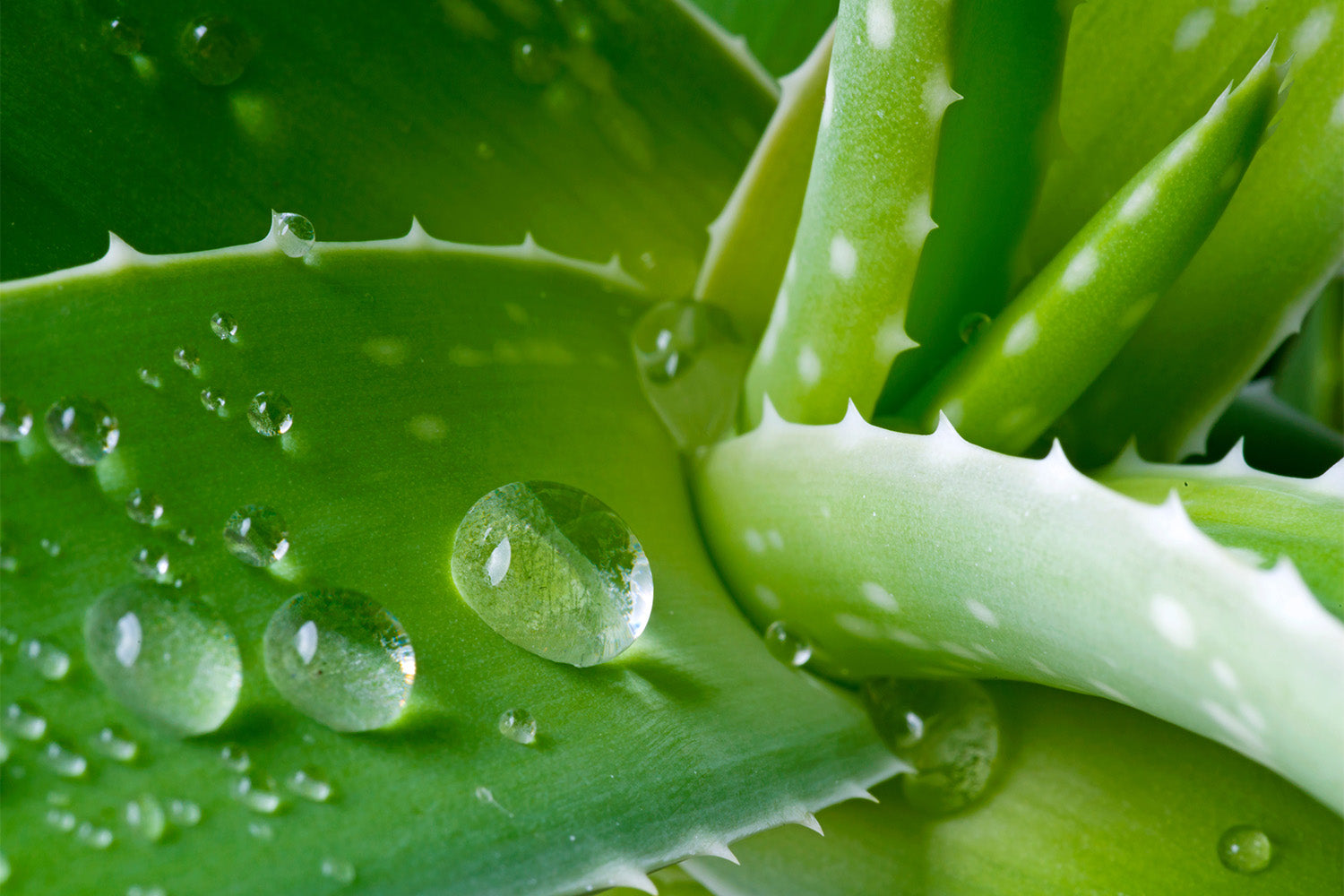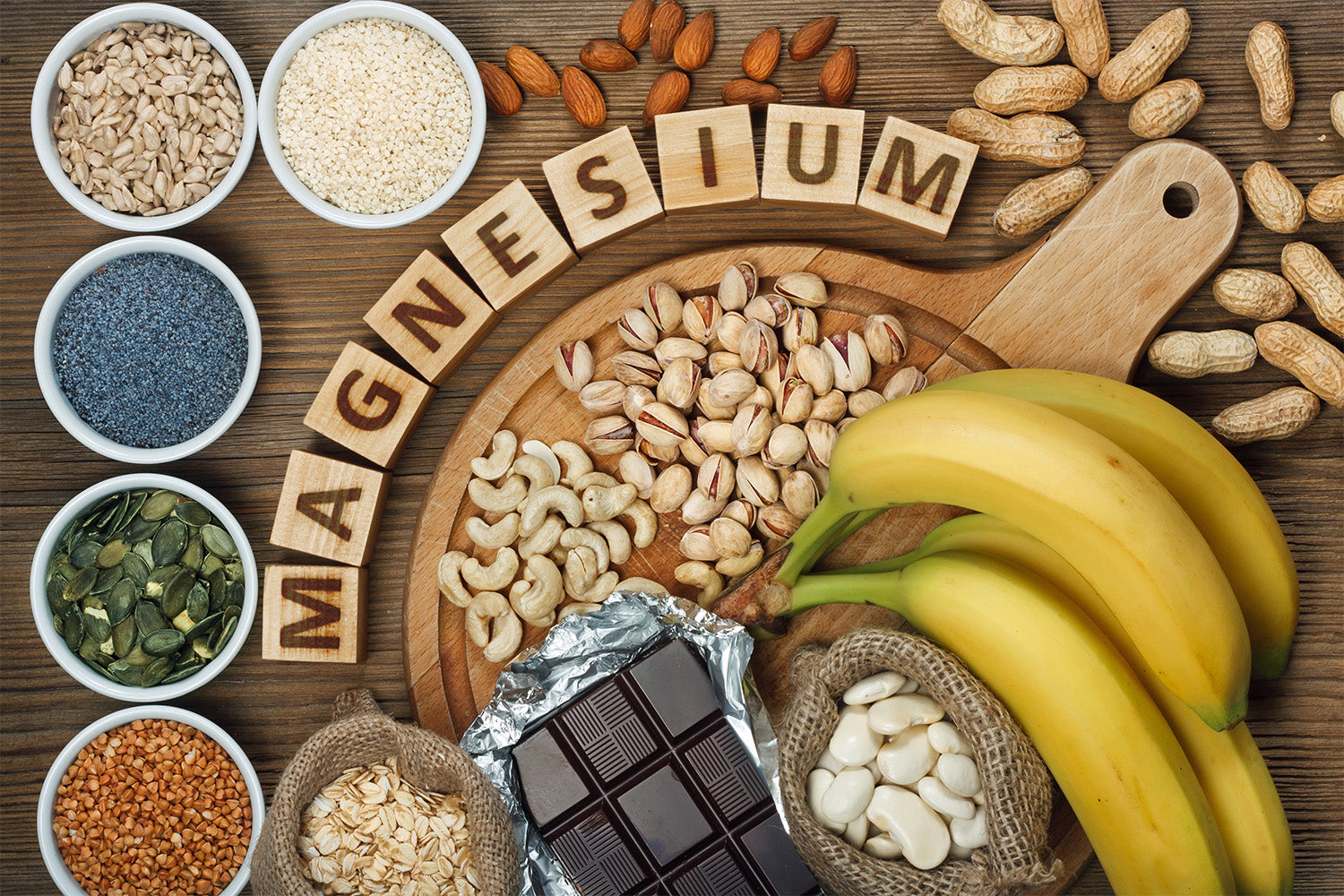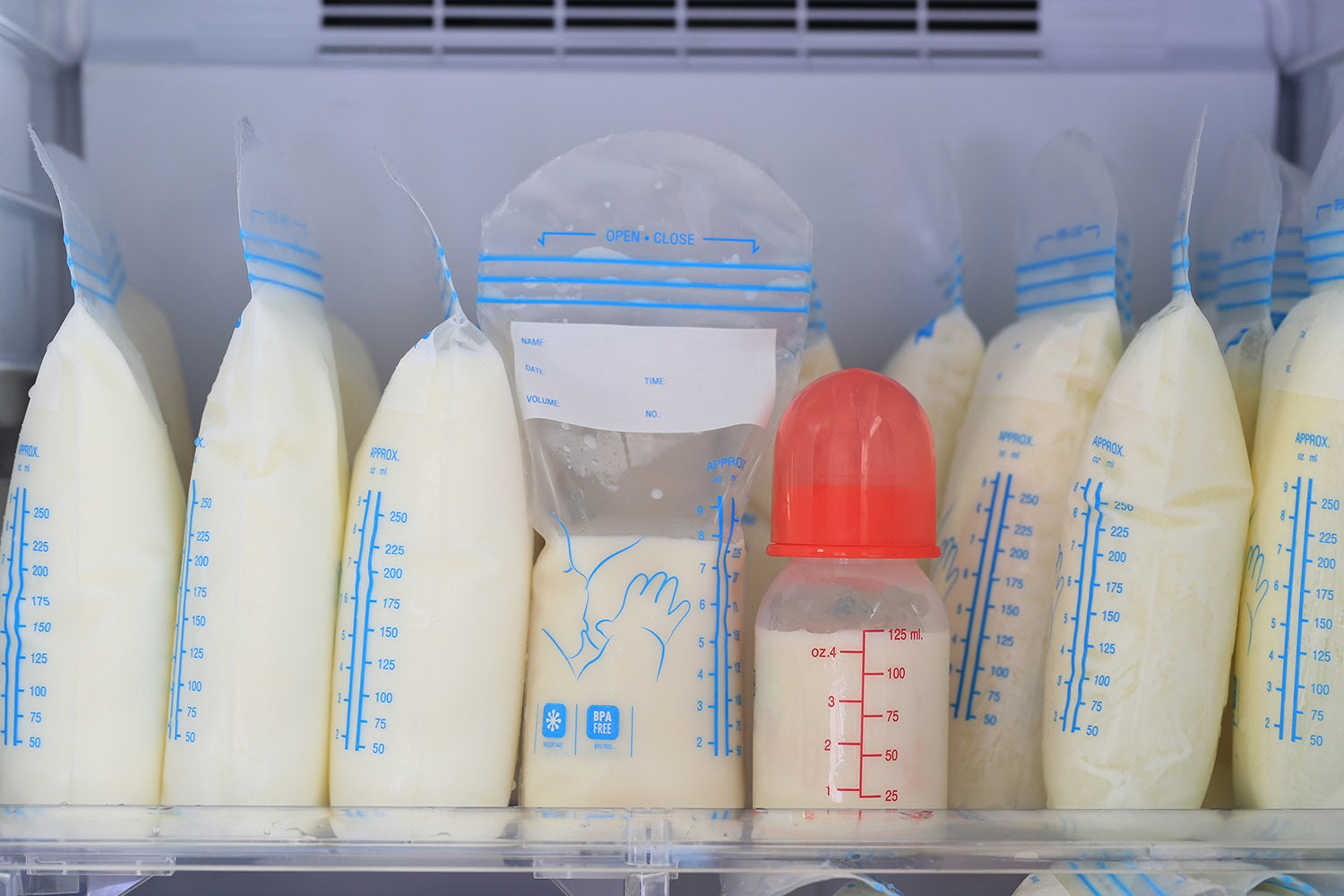Blog

Coconut Water & Breastfeeding: Staying Hydrated
The ability of the human body to produce breast milk is one that is not just amazing – it is scientifically documented as extremely beneficial for both mother and child. Breast milk is the best possible food for an infant between birth and six months of age, and even more benefits can be reaped by babies who continue to receive breast milk until the one-year mark and beyond.

Coconut Water & Electrolytes: What You Should Know
Are you interested in increasing your electrolyte intake? Although coconut water has various health benefits, one of the reasons it has become so trendy is how packed it is with electrolytes. It’s also one of the main reasons GREATER THAN chooses to use it as an ingredient in our sports drinks. Keep on reading to learn more about coconut water and electrolytes and why we think they’re a great addition to make to your daily diet.

7 Organic Electrolyte Food Sources
Electrolytes are an essential element of a healthy diet. They take the form of minerals like sodium, calcium, potassium, chloride, phosphate, and magnesium. These are nutrients that we take in through our food in trace amounts. Electrolytes are commonly added to artificial sports drinks, but they are present in high concentrations in plenty of fruits and veggies, too!

Dehydration During Pregnancy: A New Mom’s Prevention Guide
Staying hydrated is an essential part of a healthy lifestyle. However, it’s even more important when you’re expecting. When you’re pregnant, your body needs extra fluids to produce blood, form amniotic fluid, and build new tissue. High water intake is also ultra-important during pregnancy to enhance your digestion, carry nutrients to the baby, and flush out any toxins and waste in your own body.

6 Natural Magnesium Sources for Postpartum Moms
Are you looking to increase your magnesium intake postpartum? If you’re a postpartum mom and wonder about magnesium’s benefits and why it’s essential to take, then keep reading! GREATER THAN has compiled a guide for you with all the information you need to know in order to make the best choices for you and your little one.

7 Easy Ways To Make Breast Milk Fattier, and Why You Might Need It
If you’re a breastfeeding mom, you may be feeling unsure if your breast milk supply has all the nutrients your baby needs. Are you looking for ways to make your breast milk fattier for your little one? That is a common concern to have, and there are ways to increase fat in your breast milk. You might be wondering if there are foods that can up your fat content or protein or vitamins to take.
